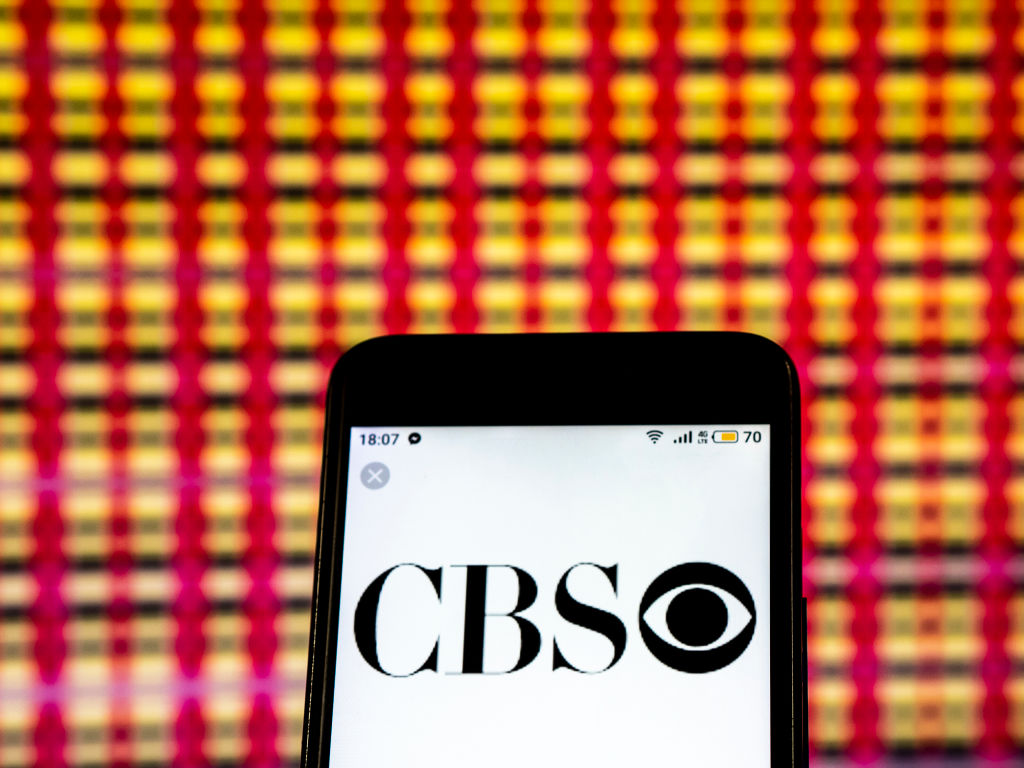Who Will Replace Leslie Jones On SNL? Cast Diversity Issue Resurfaces
Leslie Jones’ Departure Forces SNL To Confront Its Diversity Problem, Again
On the surface, the announcement that Leslie Jones would not be returning to “Saturday Night Live” meant that the legendary sketch comedy show would have one less cast member. But a closer look at SNL’s history showed that Jones’ departure also meant that the show would be even whiter than it was before she joined the cast five years ago, forcing it to confront diversity issues that for years had hovered over the show like a rain cloud.
Jones said she willingly decided to step away from SNL so that she could prioritize other opportunities she has, including her “upcoming feature film projects and Netflix comedy special,” according to the Hollywood Reporter. But without Jones, the SNL cast will only include four Black people, one Latina and no Asians. That was in comparison to its 10 white “Repertory Players” (and counting, depending on who Jones is replaced by).
For anyone who’s been living under a rock over the past six years, SNL’s battles to achieve some semblance of on-screen (and off-screen) diversity has been well-documented. The show came under heavy scrutiny in 2013 for its lack of Black people in its cast. That resulted in Sasheer Zamata joining the cast that year before she left SNL four years later.
As of Tuesday afternoon, the only remaining Black woman on SNL was Ego Nwodim and the only other Black actors were Michael Che, Chris Redd and Kenan Thompson.
SNL’s humble beginnings included one Black notable cast member in Garrett Morris — a significant accomplishment considering it was 1975 — and was followed up with the key addition of other Black talent, including Eddie Murphy before what the HuffPost described as a “white-out” period from 1987-1989. The year 2003 saw the most non-white SNL cast members in the show’s history. But things got significantly whiter after that, illustrating a larger diversity problem that the show seemingly thought it had solved but has continued to grapple with.
Thompson in 2013 famously blamed SNL’s lack of diversity on Black comediennes not being “ready” during auditions.
Natasha Rothwell, co-star of “Insecure,” told Vulture last year that she was one of the Black women who auditioned for SNL back in 2013 when Jones was ultimately hired. She said there was progress being made for inclusiveness in SNL’s cast, but it wasn’t being made fast enough.
“It’s graduating from tokenism to inclusion to understanding diversity in the true meaning of it, which is not ‘We got one!’” she said.
Murphy, whose impression of Buckwheat from “The Little Rascals” while he was a cast member in the 1980s was the stuff comedic legends are made of, was already slated to host the show in December when Jones made her announcement. But he has had his own issues with the show that he is an alumnus of. Murphy told the Washington Post in 2015 that SNL producers wanted him to reprise his standup bit mocking Bill Cosby. But Murphy, who was returning to take part in the show’s 40th anniversary episode, said he refused to kick Cosby — who was in the infancy of what would turn out to be a sexual assault legal saga that would ultimately leave him convicted — while he was down.
“There’s nothing funny about it. If you get up there and you crack jokes about him, you’re just hurting people,” Murphy said to the Post at the time. “You’re hurting him. You’re hurting his accusers. I was like, ‘Hey, I’m coming back to SNL for the anniversary, I’m not turning my moment on the show into this other thing.'”
As Jones was departing the show, it was unclear whether producers would replace her.
SEE ALSO:
















